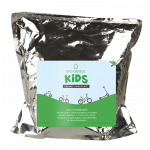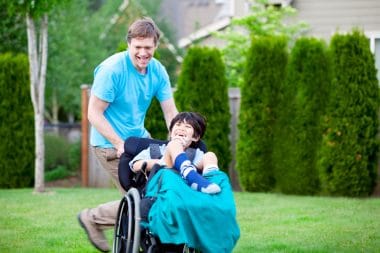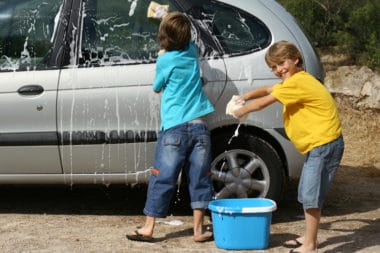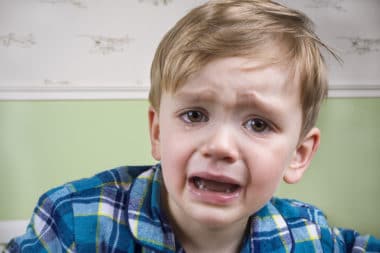Extracurricular activities are defined as activities that are pursues in addition to the normal course of study. There is a whole list of activities your children can get involved in. These can be through school programs or community organizations, or church programs. Some extracurricular activities are before school, after school, or just on the weekends. Extracurricular activity is not limited to team or individual sports. It can mean student organizations such as student union, debate team, school government. Visual arts, such as painting, sculpting, or drawing. Performance arts including drama, dance, or choir. Martial arts, student journals, or even part-time jobs can be considered extracurricular activities. The options, anymore, are limitless. It can even be a weekend coding course, or cake decorating.Â
Children can start extracurriculars at any age, though five years old seems to be the time when they have the concentration to learn and pay attention long enough to benefit from an extracurricular.Â
Once your child starts applying to colleges, on the applications there are whole lists of what your child has done. The main things colleges are looking for with these extracurriculars is how long have you been doing them, are you truly passionate about them, and did you take the initiative to become a leader in that activity. Extracurricular activities though have a much bigger impact on your child’s life than just getting them into a good college.
Benefits of extracurricular exercises:
There are huge benefits of extracurricular activities. Some, not all, extracurricular activities motivate exercise. Your child getting normal exercise helps lower the risk of depression, high cholesterol, high blood pressure, low bone density, metabolic syndrome, and obesity. And while it lowers those issues it also helps them sleep better. Getting good sleep is beneficial for your child’s mental and physical well being. Â
Extracurricular activities also get your child around their peers. This boosts their ability to be comfortable with peers in situations. As well as helps them develop social skills. It also gives children an opportunity to do something with friends outside of school. Finding activities can help provide opportunities for leadership and learning how to cooperate with other people.
Extracurricular activities can help kids build self confidence. It has been shown that children who are in an extra activity have higher levels of optimism as well. And are less prone to anxiety or depression. Extracurricular activities can also help develop mental resilience. It helps children learn new skills as well. Â
Some people are worried that too much time put into extracurricular activities will take away from normal academic performance. Just the opposite though, studies have shown that children boost their academic performance when they are in an activity outside of the normal school day. Â
Other skills your child can learn in an extracurricular activity are to learn to improve their time management. It helps them learn goal setting, teamwork, patriotism, problem solving, analytical thinking, leadership, and public speaking. Not all of these will be learned in all extracurricular activities. It depends on what your child has passion for and wants to do. But it does allow them to get out of their normal school routine and do something different. It is best when they find something they truly love. This can take some time. So helping guide your child to find the right extracurricular activity can be a trial process. Â
Negatives of extracurricular exercises:
There are some negatives to extracurricular activities though that affect some families. The scheduling can quickly become over filled. This overfilled schedule can have negative effects on your child not allowing them to have any down time between extracurriculars and school can leave them depressed, exhausted, and frustrated. Your child still needs time to have unstructured playtime, whether this is just at home or the neighborhood park running around with other kids. It is vital to their development to have that time for them to just do whatever they want. When your child truly doesn’t love their extracurricular activity can also be harmful to them. This is when they feel forced to be in something as opposed to wanting to be a part of it. Extra expenses, feeling overly consumed by the activity can both lead to frustration and tiredness in everyone in the family, not just the child.Â
Takeaway
Extracurriculars though have been shown to have huge benefits on children’s development. Encouraging new passions, learning new skills, all outside the normal realm of academics can boost children’s confidence, engage them in something else, get them around other kids, and teach them vital skills they can use in the future. Extracurricular activities no longer need to be looked at as fillers for college applications. They can be looked at as beneficial for our children’s well being at whatever age they decide to start and take interest. Â
Children who are in extracurricular activities are more optimistic and less prone to depression! #HealthStatus
Extracurriculars help foster goal setting, teamwork, patriotism, problem solving, analytical thinking, leadership, and public speaking.
Sources:
https://www.webmd.com/parenting/benefits-extracurricular-activities-kids#2
https://www.countyhealthrankings.org/take-action-to-improve-health/what-works-for-health/strategies/extracurricular-activities-for-physical-activity
https://girlsintocoding.medium.com/the-impact-of-extracurricular-activities-on-mental-health-and-wellbeing-978551189181
https://www.nordangliaeducation.com/article/2020/6/29/the-importance-of-extracurricular-activities
https://www.crimsoneducation.org/us/blog/extracurriculars/benefits-of-extracurricular-activities/
https://content.wisestep.com/advantages-disadvantages-extracurricular-activities/










Reply